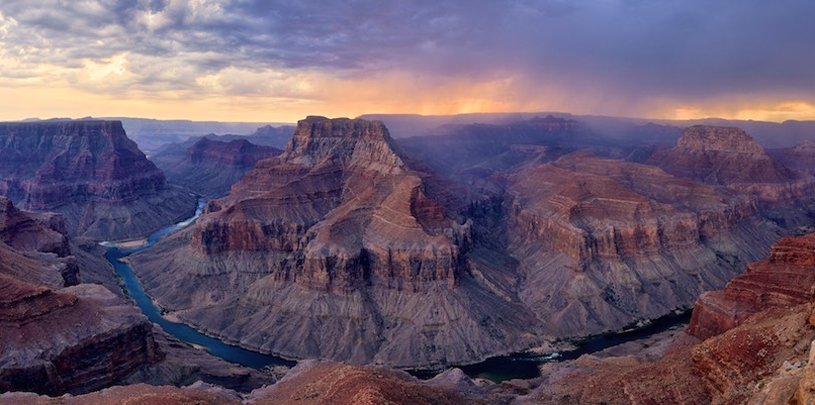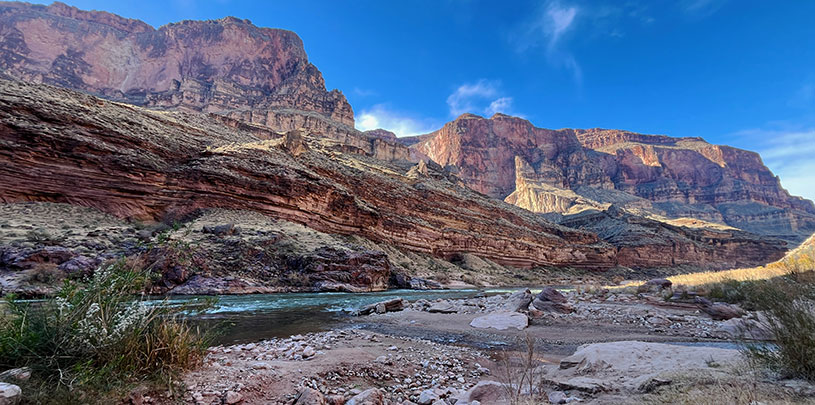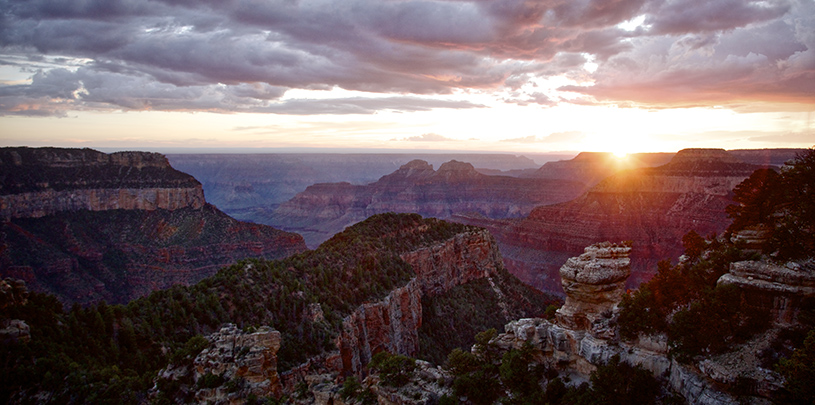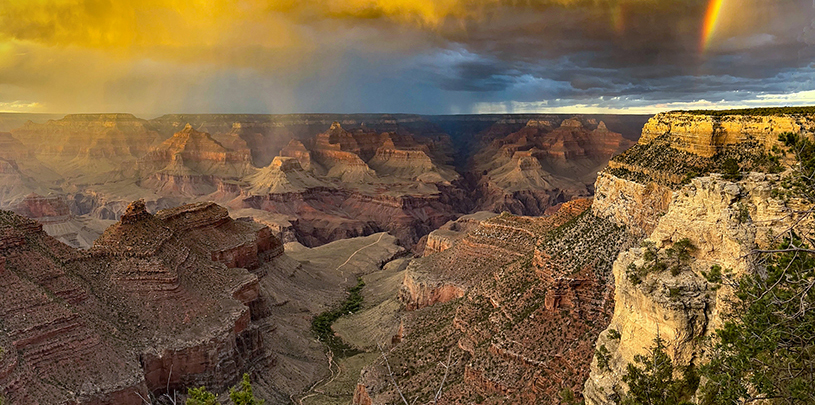 by Roger Clark, Grand Canyon Director
by Roger Clark, Grand Canyon Director
This week, the proposal to build a 10,000-person-a-day tram into the Grand Canyon suffered a legislative setback, silencing its promoters and sponsors.
We learned on Friday that the bill to approve Grand Canyon Escalade failed to make it on the agenda for the Navajo Nation Tribal Council’s spring session, indicating that promoters are losing the legislative battle for approval. The next chance for the 24-member body to vote will be the summer session, which meets the third week of July.
Navajo Nation Government 101
A quick review: For the Escalade project to move forward, four committees must review the bill before it goes to the full council, which holds four regular sessions each year.
It’s been eight months and three legislative sessions since the bill was introduced in August 2016. The Law & Order Committee voted 4-0 against it last October. According to council rules, the committee’s recommendation was passed on to the next committee, which tabled the bill due to unanswered questions. The third voted it down by 3-1.
The fourth and final committee has yet to review the bill. Council Delegate Ben Bennett gave no reason for pulling his bill from the last committee’s agenda. But without the necessary votes, the bill is on life support for now.
Scottsdale-based Escalade promoter R. Lamar Whitmer and his business partner, former Navajo Nation President Albert Hale, have also gone silent. After fighting Escalade for six long years, the Save the Confluence families have learned how to wait — patiently — for Whitmer’s next move.
It could take weeks or months before a decisive vote. However, council delegates may not want to risk an unpopular vote to approve Escalade as the next election cycle nears. The current Escalade legislation will expire in December 2018, a month before a newly elected council takes office.
What happened?
For months, Escalade promoters have engaged in “sustained, intense lobbying.” But they have fallen several votes short of the 16 they need to approve Escalade’s legislation. Escalade’s demand that the Navajo Nation pay $65 million for the road, water, and electricity to service the remote development has been a sticking point for many of the delegates. Also, Escalade developers want the ability to make legal claims against the Navajo Nation, requiring a waiver of immunity from lawsuits and a two-thirds vote from the 24-member council to authorize.
Small victory
The bill’s most recent failure to be brought to a vote before the full council marks another small victory in this long-running battle. The 2015 election of Russell Begaye as Navajo Nation president was perhaps a more significant setback for Escalade. Just days after his inauguration, Begaye promised to veto the project if approved. Whitmer said that the development partners had spent several million dollars to gain approval for Escalade before former President Ben Shelly’s term expired — an investment that didn’t pay off when Begaye took office.
Shelly had served as a media spokesman for Escalade and employed several staff to promote the development while working from the president’s office. Nonetheless, after four years of advocacy, Shelly was the only elected official to endorse Escalade. Out of touch with his constituents, he finished seventh in the presidential primary election in 2014.
This time around, the Escalade partners have curried favor of six to eight council delegates who are being influenced by former president Hale and other influential power brokers. They convinced Council Delegate Bennett, who represents eastern Navajo chapters, to introduce and sponsor the pro-Escalade legislation. They now have the votes of several council delegates who represent constituents that live hundreds of miles away from where the development is being proposed.
Save the Confluence fights back
Earlier this year, Save the Confluence members convinced Bennett’s home chapter of Fort Defiance — and the three other chapters he represents — to pass resolutions against Escalade. Sixteen other chapters and the Western Navajo Agency, which represents 18 chapters, including Bodaway-Gap where Escalade is proposed, have also passed resolutions opposing Escalade.
Save the Confluence member Rita Bilagody’s recent letter to the Navajo Times spelled out the group’s proactive strategy:
Because of Bennett’s aggressive stance towards the grassroots Diné of Bodaway-Gap who oppose the Escalade, we are left no choice but to go to the people to hear our voice. The solution we arrived at was to go before each chapter of the nation and present a resolution asking for support in opposing the Escalade. By being able to avail ourselves of this step, we are acknowledging that this is truly the VOICE of the people.
On April 12, during the week leading up to the spring session of the Navajo Council, Save the Confluence took the issue to the airwaves, broadcasting a live two-hour forum on the popular radio station KTNN, The Voice of the Navajo Nation. As they have done before, respected elders from the area that Escalade would desecrate spoke mostly in Navajo about why they oppose the development.
The voices of traditional sheepherders and Save the Confluence families opposed to Escalade were also amplified when the Arizona Republic published a two-part feature article on two consecutive front pages of the paper.
Vietnam veteran Clyde Wilson, who has a place about three miles from where Escalade is proposed, consented to a rare interview for the piece. His on-point synopsis:
We live here. This is our land. Now, they want to take it back.
While Escalade promoters are losing the battle for legislative approval, now is the time for all voices to weigh in by demanding that the pro-Escalade legislation be given an up or down vote. For too long, Escalade has divided communities and drained energy from ongoing efforts to strengthen regional economies through community-based strategies in partnership with traditional users, local businesses, chapters, and tribal agencies.
Since 2012, the Grand Canyon Trust has stood behind Save the Confluence in their now epic stand against Escalade, and for alternative economic development.




